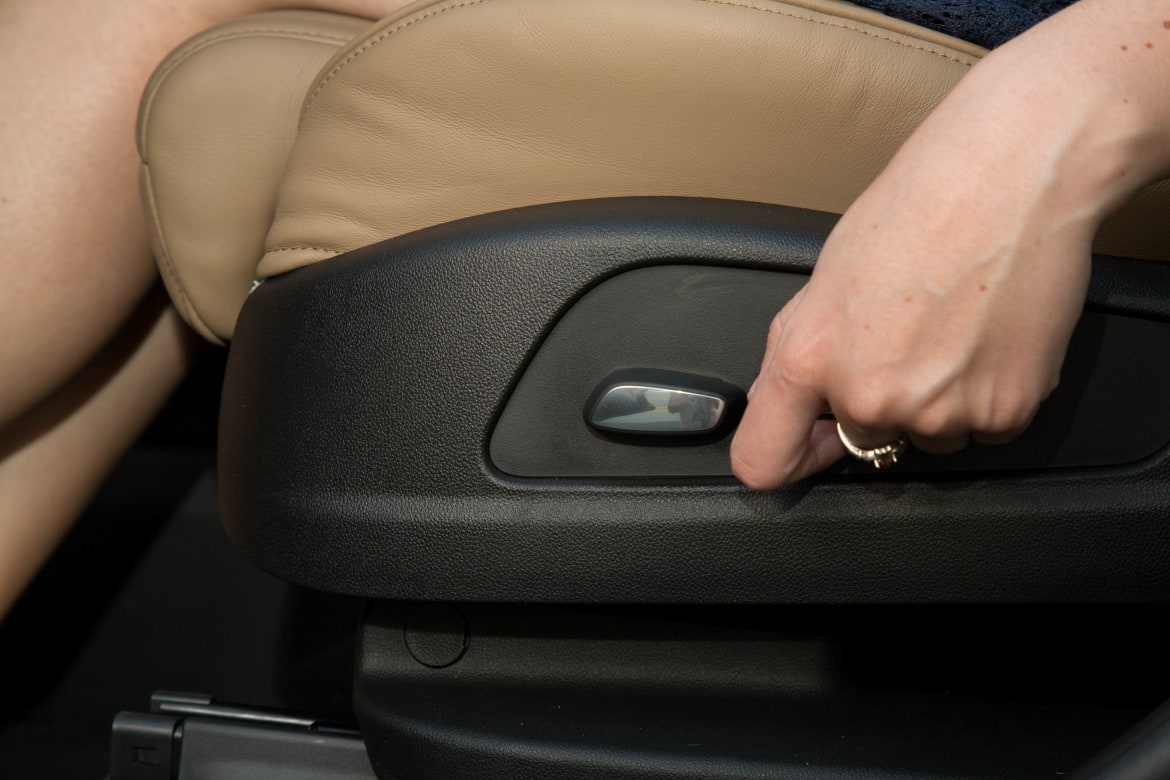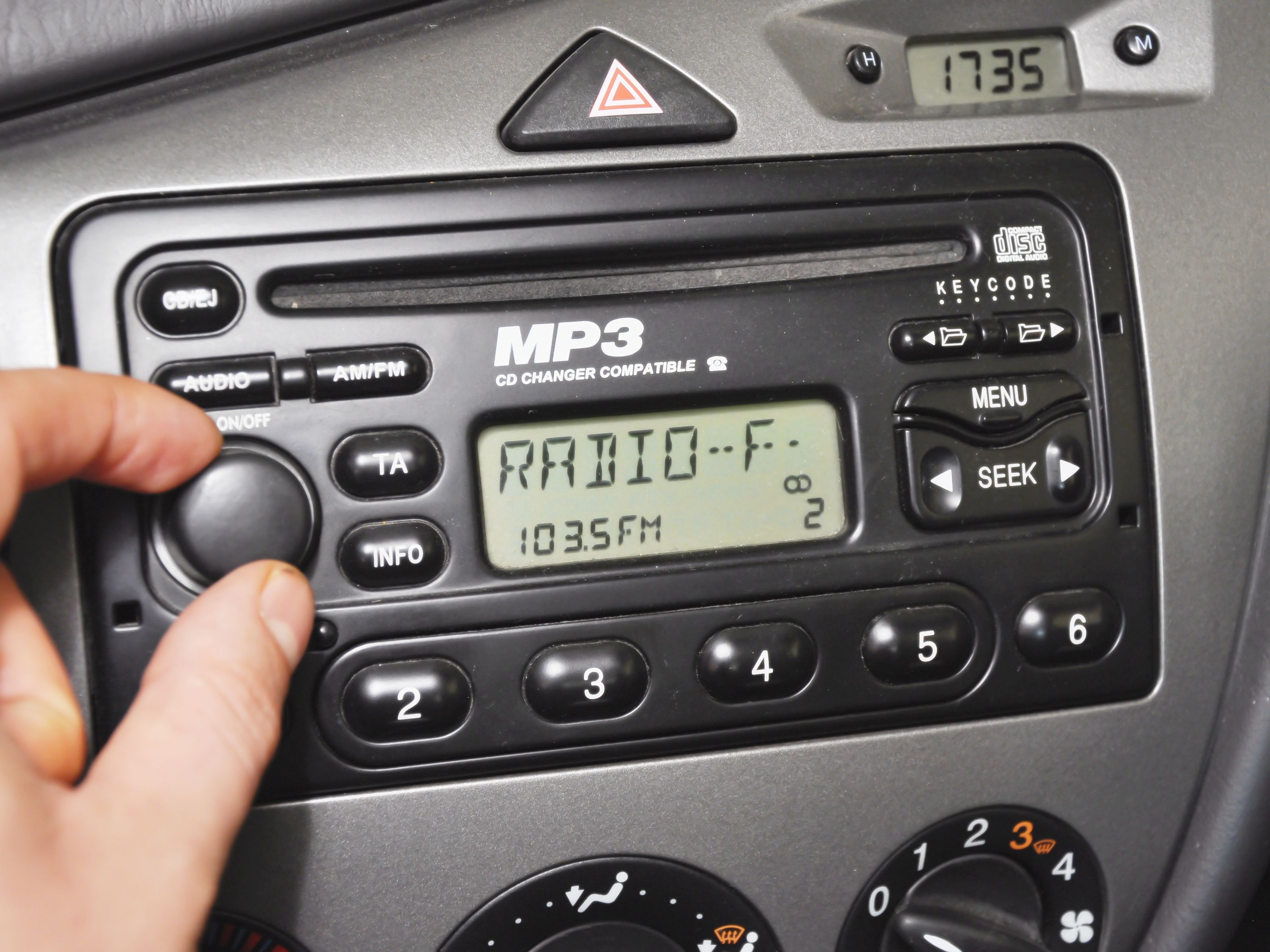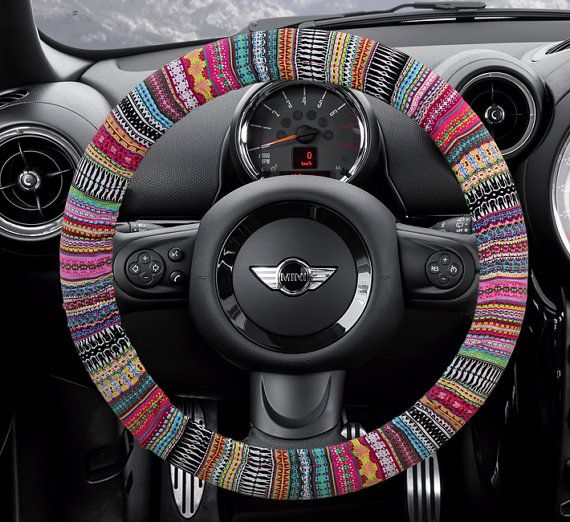How to Make Your Drive More Comfortable
Sometimes driving can be a pain. Cars now have every gadget imaginable, but in some cases, they lack a little bit of comfort. Some driving needs require the driver to reach so far that driving becomes difficult. Driving every day causes squirming and straining. Discomfort can alter how and when a safety element is engaged. Here are five ways to improve your drive comfort.
1) Correct seat and self-position

It is obvious that when the driver is relaxed, more time can be spent on the road. A relaxed driver is always free of physical stress. The driver’s seat should be adjusted correctly to avoid overstretching the legs when reaching for the pedals or excessive stretching of the neck when looking out the windows. The recommendation is that, for maximum comfort, a driver should center himself in the middle of the seat and should make sure that the front edge does not hit the back of his knees hence restricting circulation. The seatbelt should be fastened low across the hips and across the chest. The strap should not be placed behind the driver’s back because otherwise it won’t prevent injuries during an accident. The driver should wear a back support for correct posture. A soft neck collar can prevent damage to the cervical region.
2) Stop the drafts

It is uncomfortable to sit in the car and have cold air blowing on your face especially in a chilly weather. It is important to find where the drafts are coming from. The first thing to do is pointing the drafts away from your face. If the draft is still there, trace its origin. Also, you should check the weather stripping inside the door. If the door is closing loosely then the rubber material is worn and should be replaced. A comfortable environment offers a more relaxed driving experience.
3) Mute the noises

High pitched noise, rattles and clanging can raise your blood pressure. Some drivers mask these noises by turning up the radio. This causes anxiety wondering the cause of the noises and its seriousness. Driving with these noises is an absolute nuisance and it is important that the car is taken to a mechanic. A perfectly serviced car gives the driver zero worries of any mechanical failure, leading to a comfortable driving experience.
4) Steering wheel covers

The driver’s hands are always on the driving wheel at all times. This can be rather discomforting. A good way to avoid this is adding comfort to where your hands rest when driving. Steering wheel covers soften the grip on the steering wheel for more precise turning and keeping the hands cool and free of sweat. Elbows tend to tire out quickly during driving. The driver should stay close enough to the wheel so that the elbows are slightly bent.
5) Take breaks

Having frequent breaks especially in long journeys lowers the chances of fatigue and boredom. When driving with someone else, it is important to swap positions often. Solo driving should involve pulling over for breaks and quick naps. This increases alertness and cognitive thinking for safe driving.
6) Choose the right car

A car should be comfortable and reliable on the road. Drivers often realize too late that the car of choice is not fit for the journey or otherwise entirely uncomfortable. A good car report is a good way to make sure that the car has no problems that can make a road trip come to an end prematurely. With a review of the car’s past and safety rating, picking the right car makes a road trip comfortable and enjoyable for anyone involved.




